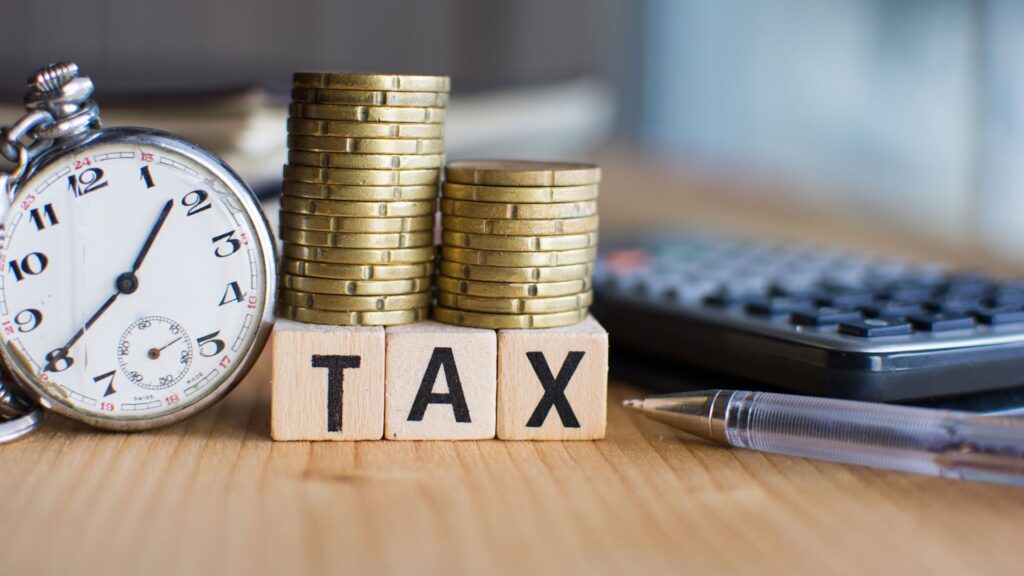As African nations navigate economic challenges and pursue sustainable growth, 2025 has seen the rollout of major tax reforms aimed at boosting government revenue and modernizing fiscal systems. From VAT hikes to new digital and environmental levies, these measures reflect a continent-wide shift toward stronger compliance and expanded tax bases. Here’s an overview of the most notable tax changes introduced across various African countries this year.

Kenya: Digital Economy in the Tax Net
Digital Platform Tax:
Kenya’s Finance Bill 2025 introduces a 1.5% tax on local digital platforms, including online marketplaces, ride-hailing, food delivery, and freelance job services. This move targets fast-growing digital businesses like Uber, Bolt, and Jumia, aiming to ensure they contribute fairly to national revenue.
VAT on Green Technologies:
New VAT charges now apply to electric vehicles (EVs), e-bikes, e-buses, and solar products. While this may raise prices and slow adoption in the short term, it reflects a broader strategy to fund sustainable infrastructure through green taxation.
Significant Economic Presence (SEP) Tax:
A 6% tax on non-resident digital companies operating in Kenya—without a physical presence—has been introduced. This measure aligns with global trends in taxing the digital economy and is designed to level the playing field for local businesses.
Public Response & Revisions:
Following significant backlash, the government has reversed plans to apply VAT to essential food items and has withdrawn the proposed annual vehicle tax. Excise duties on mobile money transfers and vegetable oils were also adjusted after public outcry.
South Africa: VAT & Carbon Tax on the Rise
VAT Increase:
Effective May 1, 2025, South Africa raised VAT from 15% to 15.5%, with a further increase to 16% planned for April 2026. The government justifies this step as necessary to fund public services, though critics warn of potential impacts on the cost of living.
Excise Duties:
Higher taxes have been imposed on alcohol and tobacco products, both to curb consumption and increase revenue.
Carbon Tax:
The carbon tax rate has increased from R190 to R236 per tonne of CO₂ equivalent. This change, effective January 1, 2025, reinforces South Africa’s commitment to environmental responsibility and cleaner technologies.
Nigeria: VAT Boost and Oil Sector Reform
VAT Adjustment:
The VAT rate has been raised from 7.5% to 12.5%. Though controversial, this measure is expected to significantly increase public revenues and support key social programs.
Oil Tax Reforms:
Changes to petroleum profit tax and royalty structures aim to make the sector more competitive while ensuring a fair share of profits goes to the government. The reforms also aim to improve tax compliance among oil firms operating in Nigeria.
Rwanda: Tourism Levy and Excise Duty Updates
Excise Duty Increases:
Taxes on luxury goods such as cosmetics, alcoholic beverages, and gambling have been raised. The reforms are targeted to affect higher-income consumers without burdening the broader population.
New Tourism Levy:
From July 1, 2025, Rwanda will introduce a tourism levy for international visitors. Revenue from this levy will be invested in tourism infrastructure and sustainable development in key destinations.
Ghana: Easing the Burden on Citizens
E-Levy and Betting Tax Removed:
Ghana has repealed its Electronic Transaction Levy (E-Levy) and betting tax, both of which had drawn strong public opposition. The government aims to promote economic activity and ease financial pressure on citizens and businesses alike.
Mali: Strengthening Local Stake in Mining
Increased Mining Royalties:
Mali has raised mining royalty rates from around 6% to 10.5%, seeking greater returns from its gold-rich economy.
Local Ownership Mandate:
New mining projects must now divest at least 35% of ownership to local investors, ensuring that more of the sector’s wealth stays within the country.
Botswana: Income Tax and Digital VAT Expansion
Corporate & Personal Tax Hike:
Corporate tax is up from 22% to 23.5%, and individual income tax from 25% to 26.5%. These adjustments are part of broader efforts to secure sustainable revenue for public services.
VAT on Digital Transactions:
Botswana is rolling out VAT on digital services, such as online purchases and app subscriptions, as it works to modernize its tax system in line with global trends.
Zambia: Focus on Small Businesses and Mining
Turnover Tax for SMEs:
A 5% turnover tax now applies to small businesses earning under K800 million annually, helping formalize the informal sector and broaden the tax base.
Mining Sector Incentives:
While the corporate income tax remains at 35%, the government has suspended import duties on mining equipment to attract investment in the sector.
Conclusion: A New Era of Taxation in Africa
The wave of tax reforms across Africa in 2025 illustrates a shared drive to strengthen national finances and fund long-term development. From tapping into the digital economy to imposing environmentally conscious taxes, these measures show a shift toward more diversified and equitable tax systems.
Despite some public resistance, these changes highlight the essential role of taxation in building resilient economies. Transparent communication and inclusive dialogue between governments, businesses, and citizens will be critical in ensuring these reforms deliver meaningful results for all.

For professional advice on Accountancy, Transfer Pricing, Tax, Assurance, Outsourcing, online accounting support, Company Registration, and CAC matters, please contact Sunmola David & CO (Chartered Accountants & Tax Practitioners) at Lagos, Ogun state Nigeria offices, www.sunmoladavid.com. You can also reach us via WhatsApp at +2348038460036.

